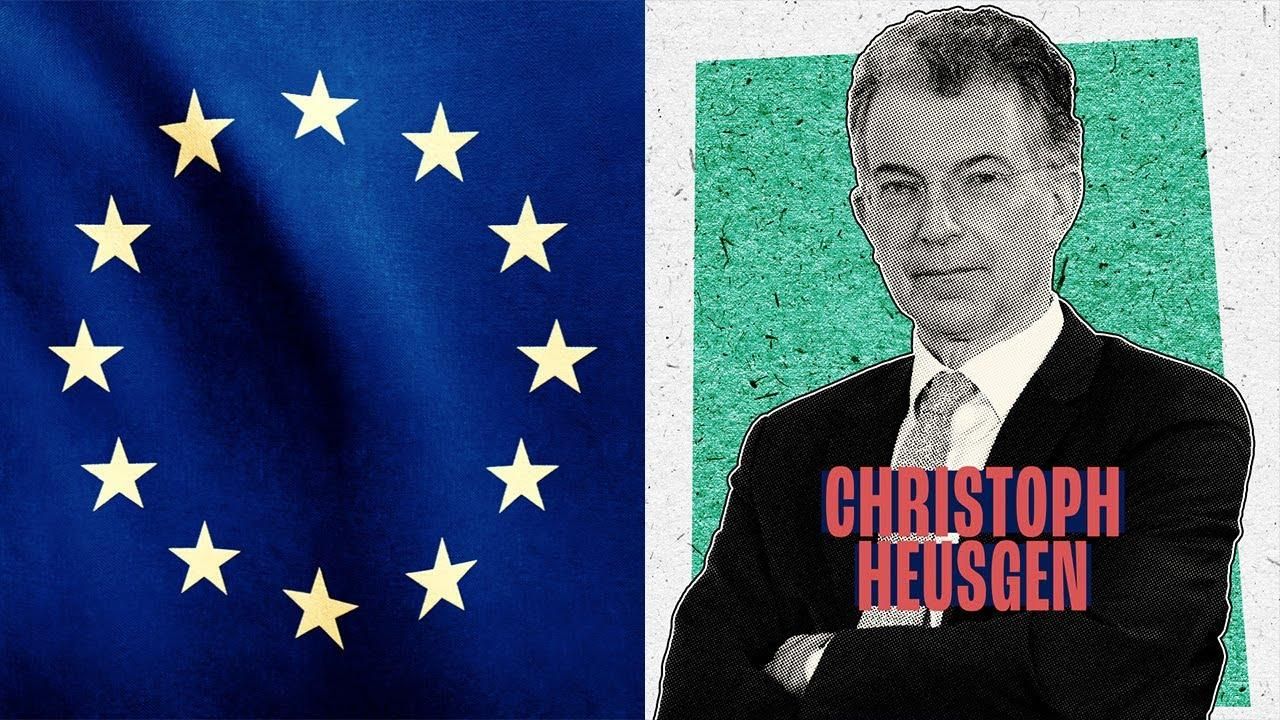GZERO World Clips
Europe’s tough decisions: Russia, China, and EU unity

Europe’s Tough Decisions: Russia, China, and EU Unity | GZERO World

Winter is coming and for Europe, a bleak winter it may be.
The escalating Russia/Ukraine war has united European support to Kyiv’s cause, but it’s also brought a plethora of economic, political, and social challenges. Inflation, a sinking Euro, and the possibility of an energy crisis brings to question just how long Europe’s support for Ukraine will last?
On GZERO World, Ian Bremmer speaks with German diplomat Christoph Heusgen, who served as his country’s ambassador to the United Nations and is now chairman of the Munich Security Conference.
His take on the war in Ukraine? Vladimir Putin grossly miscalculated Ukrainian resolve and the war is going badly for the Russians.
Even so, Putin is determined to see the war through, committing crimes against humanity along the way. On Germany’s relationship with China, Heusgen questions Olaf Scholz’s meeting with Xi Jinping, voicing concerns about the danger of entering a relationship with a country known to use economic leverage for political gain.
In this Quick Take, Ian Bremmer addresses the killing of Alex Pretti at a protest in Minneapolis, calling it “a tipping point” in America’s increasingly volatile politics.
Who decides the boundaries for artificial intelligence, and how do governments ensure public trust? Speaking at the 2026 World Economic Forum in Davos, Arancha González Laya, Dean of the Paris School of International Affairs and former Foreign Minister of Spain, emphasized the importance of clear regulations to maintain trust in technology.
Will AI change the balance of power in the world? At the 2026 World Economic Forum in Davos, Ian Bremmer addresses how artificial intelligence could redefine global politics, human behavior, and societal stability.
Ian Bremmer sits down with Finland’s President Alexander Stubb and the IMF’s Kristalina Georgieva on the sidelines of the World Economic Forum to discuss President Trump’s Greenland threats, the state of the global economy, and the future of the transatlantic relationship.